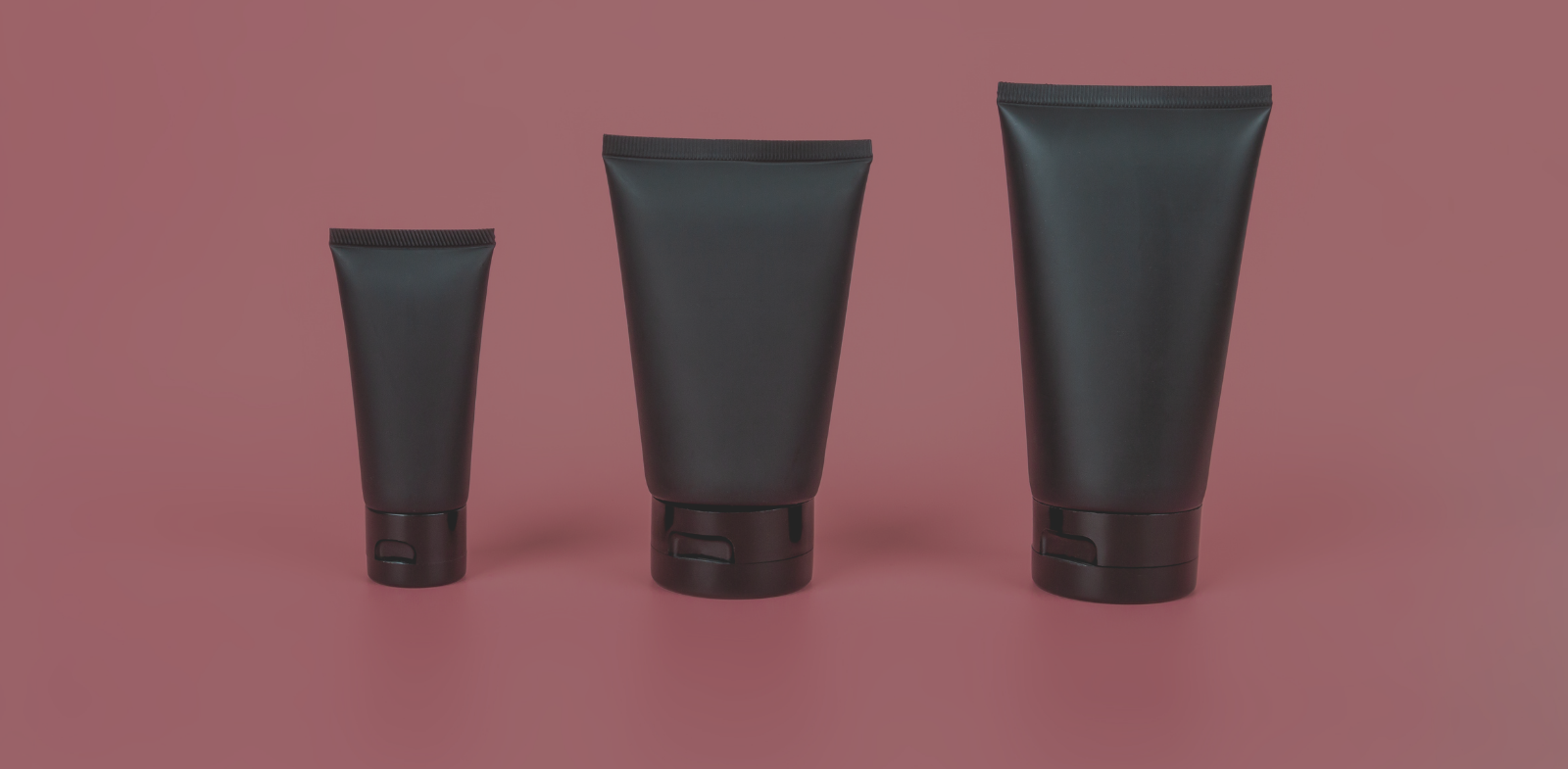
First Published: 27 November, 2019
Packaging has always mattered in FMCG but these days, it’s not just the branding that makes a difference. Businesses in the space need to be thinking about what packaging is made of and if it’s plastic, it’s time for a rethink.
Putting thought into this aspect of your business can have a major impact on how your brand is perceived in today’s climate. Just ask ecostore. The home-grown business is a role model for others keen to be more sustainable and sentiment towards the brand is so positive, earlier this year, it topped the Principals/Marketing Association Brand Alpha survey. The survey gauges how authentic brands are in the eyes of Kiwis and ecostore is considered the most authentic. When it comes to packaging, the brand has been using packaging made from sugar cane for five years and this is likely contributing to business growth which is double-digit and exponential.
Ecostore is a gold star example and plenty of other brands are following suit. Proper, the “fastest-growing snack company in New Zealand”, produces the closest thing to a guilt-free potato chip. Not only have they created a great award-winning product, but they have also gone full circle and invested in compostable packaging.
Likewise, beauty brand Ethique has changed the paradigm by using naturally derived and sustainably sourced ingredients and removing water from products such as moisturisers and shampoo. This approach means the brand can sell its products in cardboard and bamboo packaging removing the need for millions of plastic bottles. Global annual sales growth currently averages 300% and the brand value has skyrocketed.
The message from these local examples is clear. In a post-consumerism era of brand purpose and principles, people are increasingly making purchase decisions based on factors such as packaging. It’s time to rethink and retool.
According to the UK & US Global Web Index, 42% of consumers said that products that have packaging made from recycled and/or sustainable materials are important in their day-to-day shopping. The percentage of consumers globally who say they are willing to pay more for eco-friendly packaging has grown from 47% to 59% in just seven years. More than half of people surveyed said they’re now making a conscious choice to use less disposable plastic than they were doing a year ago.
In a world where plastic packaging is the new smoking, you can’t afford to keep on doing things the way you have always done them.
Transport operators are starting to realise that much of the load they carry is packaging and not product. A significant change in the volume of packaging would change the footprint significantly for the industry and so pressure is building from this side also.
Yes, this can be seen as a challenge for FMCG brands but it’s also an opportunity to get creative. Some of the trends in this area include plant-based packaging from mushrooms to sugar cane, edible packaging, biodegradable water bottles, compostable plastic alternatives, reusable packaging and upcycled packaging.
There are many options emerging, it won’t be easy or inexpensive but the one thing that is clear is that consumer decisions about your brand will increasingly be made based on what your packaging is made of.
We’d like to think that a differentiated brand story and beautiful design will have a continued role in attracting and converting consumers as well but of course, we would say that.

Contact us if you have any suggestions on resources you would like to see more of, or if you have something you think would benefit our members.
Get in TouchSign up to receive updates on events, training and more from the MA.
